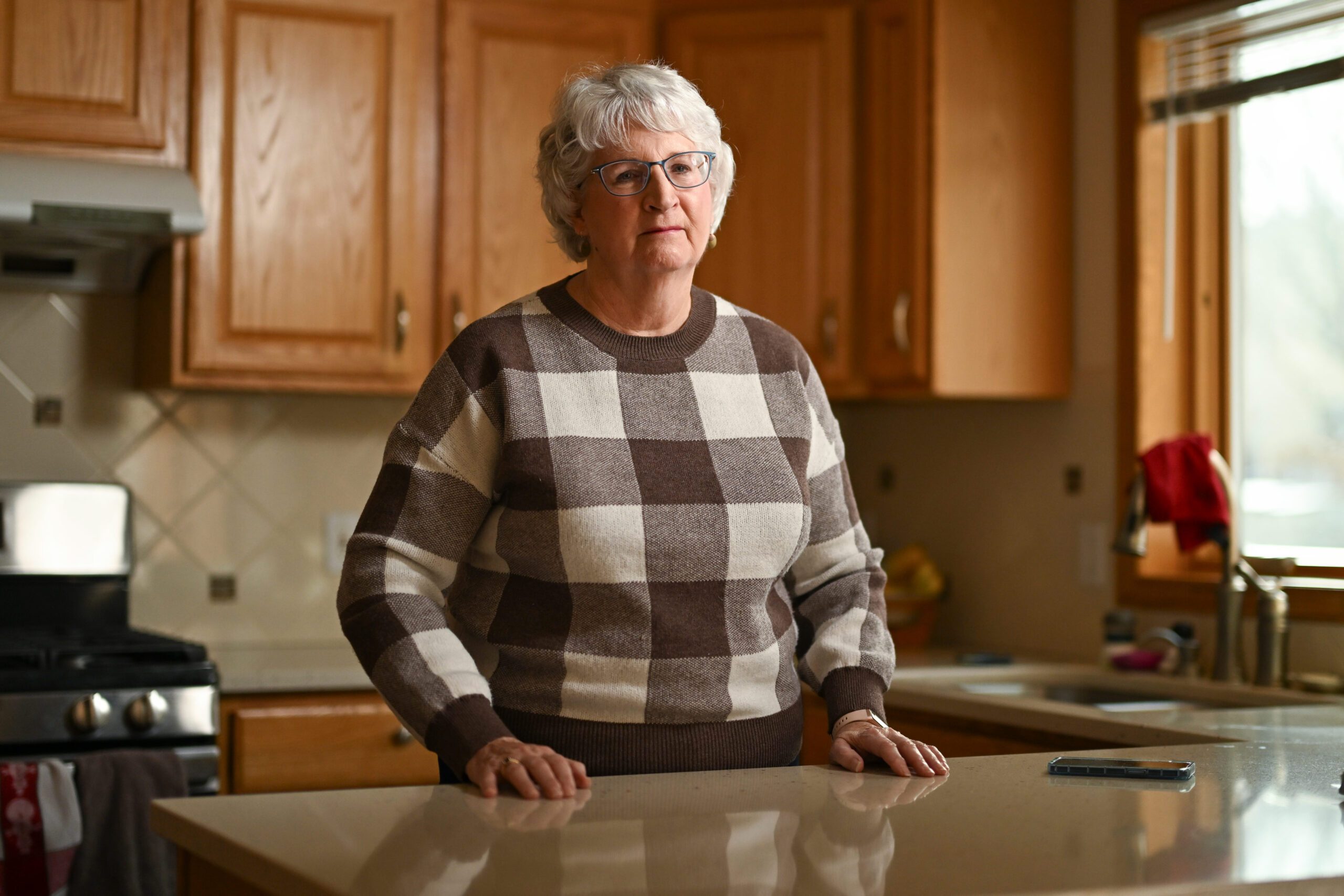By Kelsie Smith-Hayduk – U. Rochester
On the quest for the proverbial fountain of youth, scientists have long looked for evidence of super-agers—people whose brain ages slower than their body.
“Identifying super-agers will leverage what we understand about the brain and aging,” says Eleni Patelaki, a biomedical engineering PhD student at the University of Rochester Medical Center and first author of the paper in NeuroImage.
“But this is difficult to do because, in this case, there was no external evidence of this ability, and people are unaware that their brain is working differently.”
For the study, researchers had the participants complete the same cognitive task while sitting and while walking. The 37 men and women, ages 62 to 79, scored similarly while sitting. When the same group repeated the test while walking, researchers found some individuals improved their cognitive performance.
The researchers used Mobile Brain/Body Imaging (MoBI) to observe these changes and measure how the brain responded to the dual task.
“We think this brain activity might constitute signatures of ‘super-aging,’” Patelaki says. “We were able to find seven people, and now that we know where and how to look in the brain to find these super-agers, we can find more.”
The participants whose cognition improved while walking showed that their brain was able to adapt to and improve at the task—it had flexible usage of certain frontal resources.
But those same people lost their flexibility in using the rest of their neural resources, similar to their peers who did not improve at the task while walking. This suggests that the brain’s ability to adapt or its flexibility in reallocating neural resources while walking might be an important factor in protecting cognition as we age.
Previously, the same group of researchers discovered that some young and healthy people also improve their performance on cognitive tasks while walking by changing the use of neural resources.
Like the older adults, there was no predictor of who would improve and who would not before being tested. The earlier study was Patelaki’s first clue that the dual-task experiment could find super-agers. Most previous research shows that the more tasks a person has to do concurrently, the worse they perform, especially older individuals.
Brain flexibility is an indicator of brain health. This research offers a potentially necessary component for tracking the health of an individual’s brain—it found where to look.
“These findings have promise for being translated to clinical populations, such as patients with neurodegenerative diseases,” says Ed Freedman, associate professor of neuroscience and senior author of the current study.
“These markers could be used to assess the degree of disease progression, to evaluate treatment outcomes, and potentially to identify people, pre-clinically, at high risk for developing aging-related or disease-related cognitive decline.”
The Del Monte Institute for Neuroscience Pilot Program funded the work.
Source: University of Rochester
Original Study DOI: 10.1016/j.neuroimage.2023.120098
—
This post was previously published on FUTURITY.ORG and is republished here under a Creative Commons license.
***
You may also like these posts on The Good Men Project:
 White Fragility: Talking to White People About Racism
White Fragility: Talking to White People About Racism  Escape the “Act Like a Man” Box
Escape the “Act Like a Man” Box  The Lack of Gentle Platonic Touch in Men’s Lives is a Killer
The Lack of Gentle Platonic Touch in Men’s Lives is a Killer  What We Talk About When We Talk About Men
What We Talk About When We Talk About Men Join The Good Men Project as a Premium Member today.
All Premium Members get to view The Good Men Project with NO ADS.
A $50 annual membership gives you an all access pass. You can be a part of every call, group, class and community.
A $25 annual membership gives you access to one class, one Social Interest group and our online communities.
A $12 annual membership gives you access to our Friday calls with the publisher, our online community.
Register New Account
Log in if you wish to renew an existing subscription.
Username
First Name
Last Name
Password
Password Again
Choose your subscription level
- Yearly - $50.00 - 1 Year
- Monthly - $6.99 - 1 Month
Credit / Debit Card PayPal Choose Your Payment Method
Auto Renew
Subscribe to The Good Men Project Daily Newsletter By completing this registration form, you are also agreeing to our Terms of Service which can be found here.Need more info? A complete list of benefits is here.
—
Photo credit: iStock.com
The post Is Better Brain Performance When Walking a Sign of ‘Super-Aging’? appeared first on The Good Men Project.
Original Article










